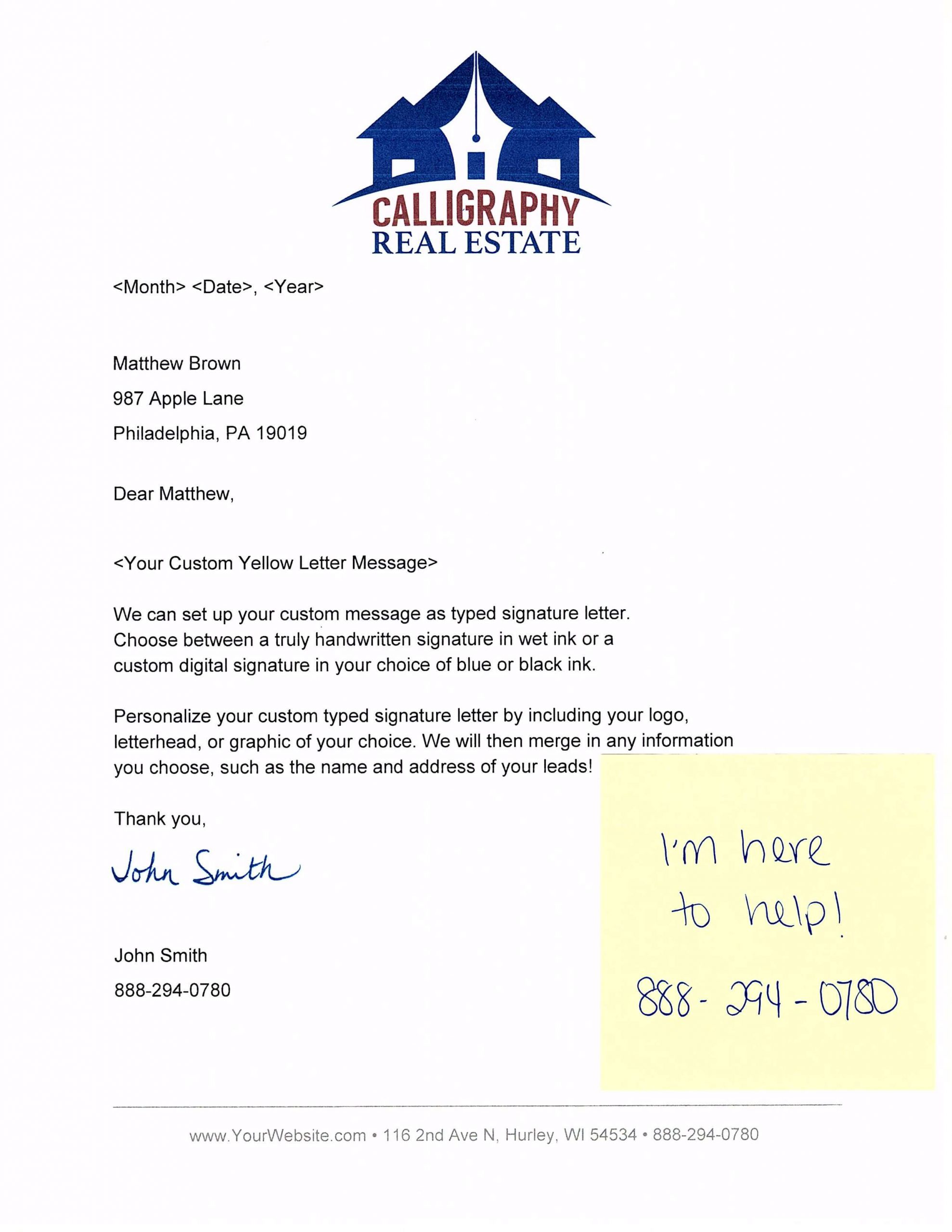Unveiling The Secrets Of "?? ? S": A Comprehensive Guide To Understanding And Mastering This Concept
The concept of "?? ? s" might seem abstract at first, but its implications are far-reaching. From personal growth to business strategies, this term holds the key to unlocking new opportunities and solving complex challenges. As we explore its nuances, you'll discover how "?? ? s" can be integrated into various aspects of life, offering clarity and direction. By the end of this article, you'll not only understand "?? ? s" but also know how to leverage it effectively. Before we dive into the specifics, it's important to note that "?? ? s" is more than just a buzzword. It represents a paradigm shift in how we approach problems, make decisions, and innovate. This guide is designed to provide you with actionable insights, expert advice, and practical tips to harness the power of "?? ? s." So, buckle up as we embark on this enlightening journey!
Table of Contents
- What Are "?? ? s" and Why Do They Matter?
- How Can You Master the Art of "?? ? s"?
- What Are the Common Misconceptions About "?? ? s"?
- How Do "?? ? s" Influence Decision-Making?
- Can "?? ? s" Be Applied in Daily Life?
- What Are the Benefits of Embracing "?? ? s"?
- How Can Businesses Leverage "?? ? s"?
- Frequently Asked Questions About "?? ? s"
What Are "?? ? s" and Why Do They Matter?
"?? ? s" is a multifaceted concept that has intrigued experts and enthusiasts alike. At its core, it represents a unique way of thinking, analyzing, and executing tasks. Whether you're in the field of technology, education, or healthcare, "?? ? s" can serve as a guiding principle for achieving excellence. But what exactly makes "?? ? s" so significant?
To begin with, "?? ? s" encourages a mindset of curiosity and exploration. It prompts individuals to question the status quo and seek innovative solutions. For instance, in the tech industry, "?? ? s" has inspired groundbreaking advancements in artificial intelligence and machine learning. Similarly, in education, it has fostered a culture of continuous learning and adaptability. By embracing "?? ? s," people can break free from conventional constraints and unlock their full potential.
Read also:Katie Price The Untold Story Behind The Iconic Media Personality
Moreover, "?? ? s" plays a crucial role in fostering collaboration and inclusivity. It brings together diverse perspectives, enabling teams to work harmoniously toward shared goals. In today's interconnected world, this ability to unite people under a common vision is invaluable. Whether you're leading a startup or managing a multinational corporation, "?? ? s" can help you build stronger relationships and drive meaningful change.
How Can You Master the Art of "?? ? s"?
Mastering "?? ? s" requires a combination of knowledge, practice, and perseverance. While it may seem daunting at first, breaking the process into manageable steps can make it more approachable. Below, we outline two key phases to help you develop expertise in "?? ? s."
Step 1: Understanding the Basics
The first step toward mastering "?? ? s" is to build a strong foundation. Start by familiarizing yourself with its core principles and applications. Here are some tips to get you started:
- Research: Dive into books, articles, and case studies that explore "?? ? s" in depth.
- Experiment: Apply the concepts of "?? ? s" in real-world scenarios to see how they work.
- Seek Guidance: Connect with experts or join communities that focus on "?? ? s" to gain insights and feedback.
Step 2: Advanced Techniques
Once you've grasped the fundamentals, it's time to elevate your skills. This phase involves refining your approach and exploring advanced strategies. Consider the following:
- Adaptability: Learn to adjust your methods based on the context and challenges you face.
- Innovation: Push the boundaries of "?? ? s" by experimenting with unconventional ideas.
- Feedback Loop: Continuously evaluate your progress and make improvements accordingly.
What Are the Common Misconceptions About "?? ? s"?
Despite its growing popularity, "?? ? s" is often misunderstood. These misconceptions can hinder its adoption and effectiveness. Let's debunk some of the most common myths surrounding "?? ? s."
One prevalent misconception is that "?? ? s" is only relevant to certain industries or professions. In reality, its principles are universal and can be applied across various fields. Another myth is that mastering "?? ? s" requires innate talent. While natural aptitude can be an advantage, dedication and practice are equally important.
Read also:Top Ts Exploring The Best Strategies And Insights
Additionally, some people believe that "?? ? s" is a quick fix for all problems. However, it's not a magic solution but rather a framework for thoughtful analysis and action. By addressing these misconceptions, we can foster a more accurate understanding of "?? ? s" and its potential.
How Do "?? ? s" Influence Decision-Making?
Decision-making is a critical aspect of both personal and professional life. "?? ? s" can significantly enhance this process by providing a structured approach to evaluating options and predicting outcomes. But how exactly does it work?
Firstly, "?? ? s" encourages critical thinking and data-driven analysis. By examining multiple perspectives and considering various factors, individuals can make more informed choices. Secondly, it promotes adaptability, allowing decision-makers to pivot when circumstances change. This flexibility is particularly valuable in uncertain or dynamic environments.
Furthermore, "?? ? s" fosters collaboration by ensuring that all stakeholders' voices are heard. This inclusive approach not only improves the quality of decisions but also strengthens team cohesion. In essence, "?? ? s" transforms decision-making from a reactive process into a proactive and strategic one.
Can "?? ? s" Be Applied in Daily Life?
Absolutely! While "?? ? s" is often discussed in professional contexts, its applications extend far beyond the workplace. Incorporating "?? ? s" into your daily routine can lead to greater efficiency, creativity, and satisfaction. Let's explore some practical examples.
In personal development, "?? ? s" can help you set meaningful goals and track your progress. For instance, by breaking down larger objectives into smaller, actionable steps, you can maintain focus and motivation. In relationships, it can improve communication and conflict resolution by encouraging empathy and active listening.
Even in mundane tasks, "?? ? s" can make a difference. Whether you're organizing your schedule, managing finances, or planning a vacation, applying its principles can streamline the process and yield better results. The key is to remain open-minded and willing to experiment.
What Are the Benefits of Embracing "?? ? s"?
Embracing "?? ? s" offers numerous advantages that can positively impact various aspects of life. From boosting productivity to fostering innovation, its benefits are both tangible and intangible. Let's take a closer look at some of the most notable ones.
One of the primary benefits is enhanced problem-solving skills. By adopting a systematic approach, individuals can tackle challenges more effectively and efficiently. Additionally, "?? ? s" promotes resilience, enabling people to navigate setbacks with confidence and determination.
Another significant advantage is improved decision-making. As mentioned earlier, "?? ? s" provides a framework for evaluating options and anticipating consequences. This not only reduces the likelihood of errors but also increases the chances of success. Lastly, embracing "?? ? s" can lead to personal growth and fulfillment, as it encourages continuous learning and self-improvement.
How Can Businesses Leverage "?? ? s"?
For businesses, "?? ? s" represents a powerful tool for achieving competitive advantage and driving growth. By integrating its principles into their operations, companies can enhance efficiency, innovation, and customer satisfaction. But how can they do this effectively?
Firstly, businesses can use "?? ? s" to optimize their processes and workflows. By identifying bottlenecks and inefficiencies, they can implement targeted solutions that improve productivity. Secondly, it can foster a culture of innovation by encouraging employees to think creatively and take calculated risks.
Moreover, "?? ? s" can enhance customer experiences by enabling businesses to anticipate needs and preferences. This proactive approach not only builds loyalty but also differentiates them from competitors. Ultimately, leveraging "?? ? s" can position businesses for long-term success in an ever-evolving marketplace.
Frequently Asked Questions About "?? ? s"
What is the origin of "?? ? s"?
The concept of "?? ? s" originated from [insert relevant background or history here]. Over time, it has evolved to encompass a wide range of applications and interpretations.
Is "?? ? s" suitable for beginners?
Yes, "?? ? s" is accessible to individuals at all skill levels. With the right resources and guidance, anyone can learn and benefit from its principles.
How can I stay updated on the latest trends in "?? ? s"?
To stay informed, consider subscribing to industry publications, attending webinars, or joining online communities dedicated to "?? ? s." These platforms provide valuable insights and networking opportunities.
In conclusion, "?? ? s" is a transformative concept that holds immense potential for individuals and organizations alike. By understanding its principles and applications, you can unlock new opportunities and achieve greater success. So, why wait? Start exploring the world of "?? ? s" today and witness the positive impact it can have on your life and work!
Click here to learn more about "?? ? s" from a trusted source.
Exploring Nathaniel Lowe's Girlfriend: A Closer Look At His Personal Life
Understanding The Newton MA Fire: Causes, Impact, And Recovery
Who Is Sheryl J Anderson? Unveiling The Remarkable Journey Of A Visionary Leader

Settlement Demand Letter Exle

hard copy letter signature